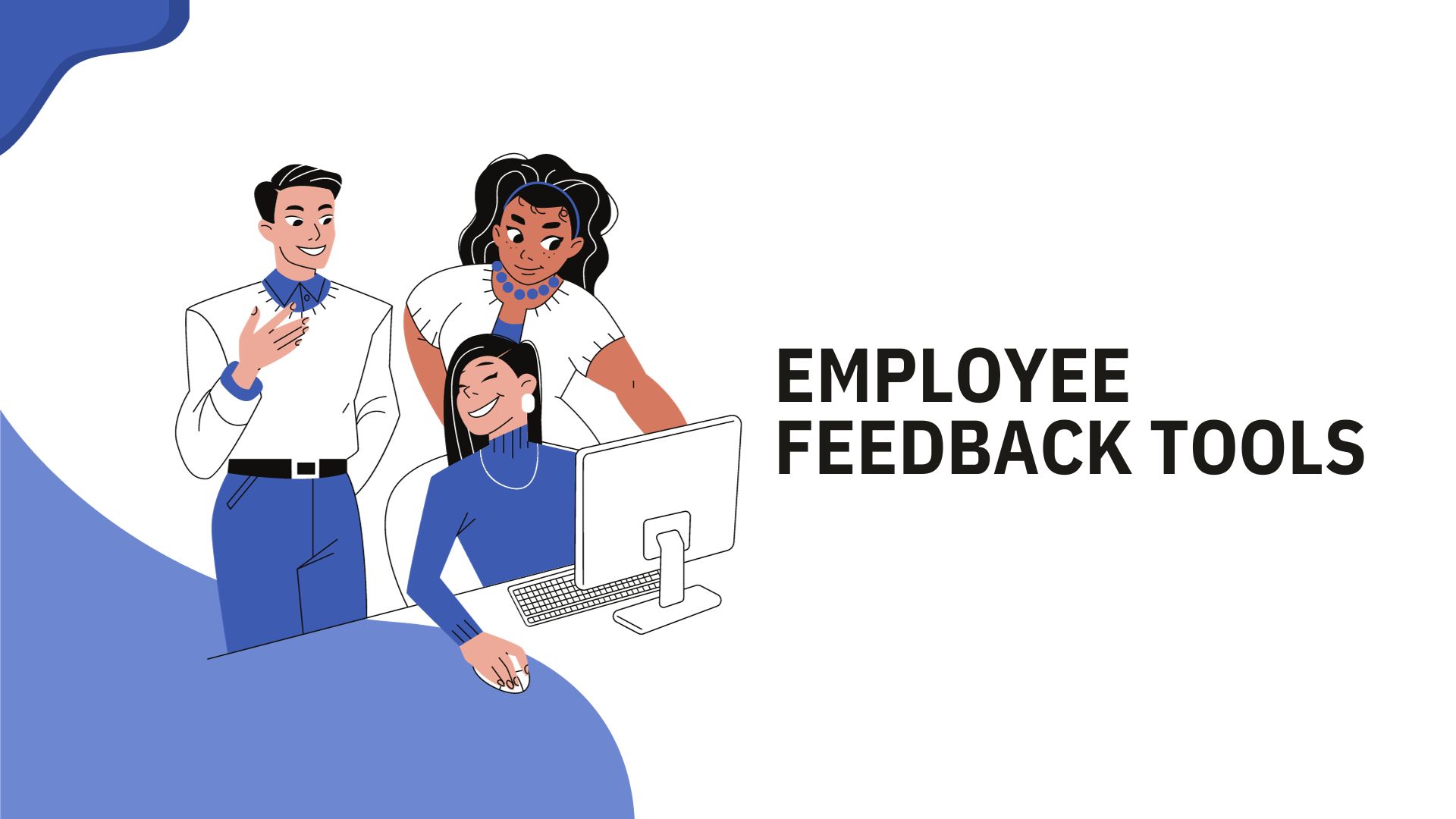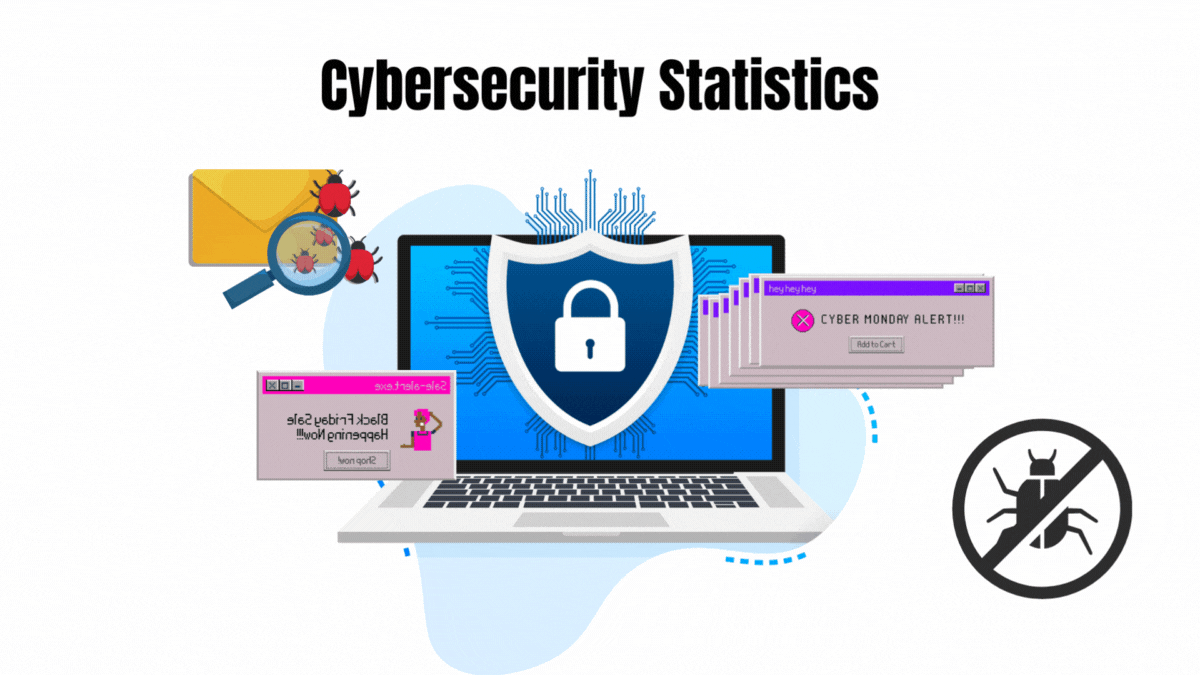Kubernetes Ecosystem Grows With Apple Support, New Release
Organizations of all sizes are increasingly running their enterprise applications on top of cloud native infrastructure and more often than not, that infrastructure is Kubernetes.
Kubernetes is an open source effort originally started by Google five years ago and now operated as a multi-stakeholder effort under the direction of the Cloud Native Computing Foundation (CNCF).
The CNCF gained a major new supporter in June, with the addition of Apple as a Platinum End User Member. The platinum tier come swith a $370,000 annual fee that Apple will now fork over to the CNCF.
Apple isn't just a consumer and user of CNCF projects including Kubernetes, it's also an active contributor. Apple has made code contribution to the Kubernetes container orchestration project, Envoy proxy, Helm and the gRPC project as well. Apple joining the CNCF and being an active participant is a big deal not just for the brand recognition that they bring, but also because Apple was previously a very visible user of the rival Mesos orchestration system.
Kubernetes 1.15
Beyond just a big new supporter, the Kubernetes project itself released its second major update thus far in 2019, following the 1.14 update that was released on March 25.
Unlike Kubernetes 1.14 which introduces 10 new stable features, Kubernetes 1.15 only added two and they're both relatively minor updates.
Kubernetes now has stable support for Go modules. Additionally, according to the release notes, “The kube-apiserver’s watch can now be enabled for events using the –watch-cache-sizes flag. (#74321, @yastij).”
Though there are only two stable features, there are 13 features labelled as beta that provide a hint of what might be showing up in upcoming Kubernetes releases. One of the largest areas of development is with a capability known as Custom Resource Description (CRDs). The CRD provides an easy way to define and retrieve new extensions to the Kubernetes API.
“The theme of the new developments around CustomResourceDefinitions is data consistency and native behaviour,” the Kubernetes 1.15 release team wrote in a blog. ” A user should not notice whether the interaction is with a CustomResource or with a Golang-native resource.”
Sean Michael Kerner is a senior editor at EnterpriseAppsToday and InternetNews.com. Follow him on Twitter @TechJournalist.

Sean Michael is a writer who focuses on innovation and how science and technology intersect with industry, technology Wordpress, VMware Salesforce, And Application tech. TechCrunch Europas shortlisted her for the best tech journalist award. She enjoys finding stories that open people's eyes. She graduated from the University of California.


